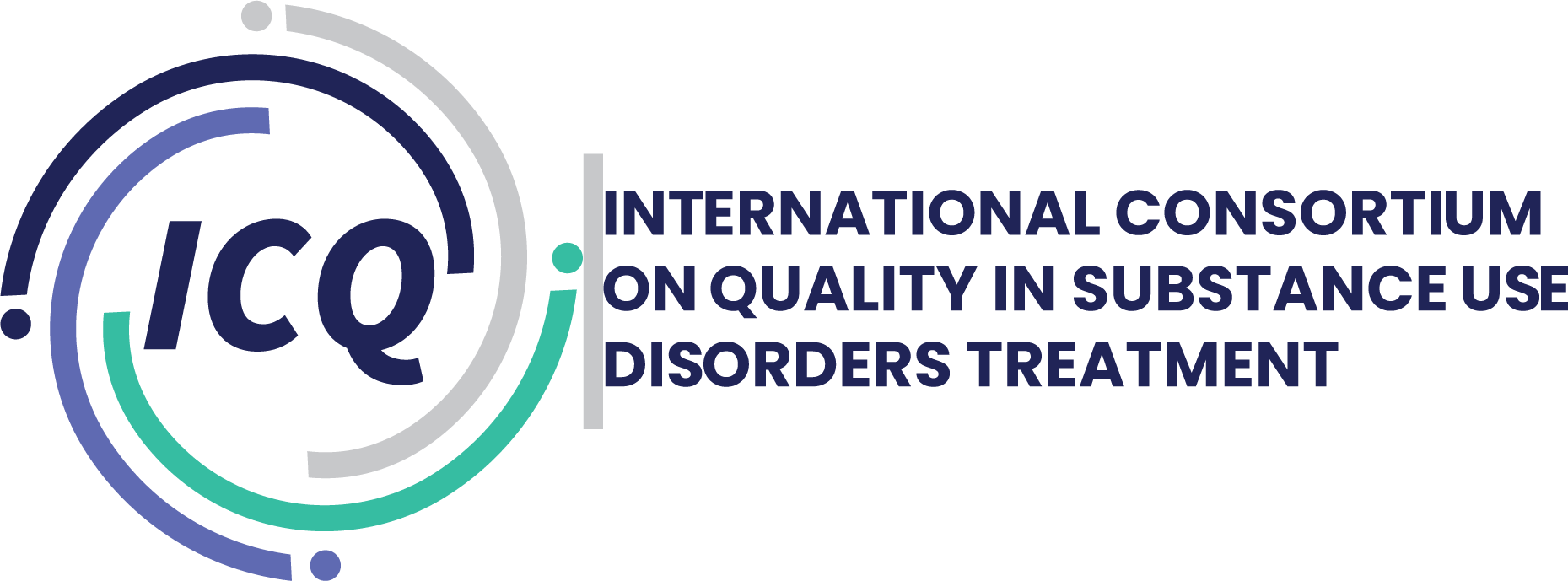Reducing Drug-Related Crime: A Comprehensive Approach from The Indonesian Directorate Generale of Corrections, Ministry of Immigration and Corrections, Republic of Indonesia
This presentation was featured at Indonesia 2025, on the 17.09.2025.
Authors:
Mirza Hapsari
Adhayani Lubis
Astia Murni
Abstract:
Indonesia confronts significant challenges from widespread drug abuse, impacting public health and leading to high incarceration rates. As of July 2025, the National Narcotics Board (BNN) reports 3.3 million narcotics addicts, with over 147,000 drug offenders constituting 53% of the Indonesian prison population. The Directorate General of Corrections (Ditjen PAS) under the Ministry of Immigration and Corrections Republic of Indonesia is central to managing drug-related crime within the correctional system, with responsibilities spanning custody, rehabilitation, reintegration, and policy implementation. Their approach is grounded in Law No. 22/2022 on Corrections, which prioritizes restoring prisoners' lives through rehabilitative practices.
Ditjen PAS implements diverse programs, including Therapeutic Communities, medical rehabilitation, vocational training, spiritual guidance, and character-building, all aimed at transforming drug offenders into productive citizens. From January to December 2024, 7,908 inmates received rehabilitation services, resulting in an average increase of 2.17 in their quality of life index across four domains post-program. Alongside rehabilitation, prevention and awareness are emphasized through inmate education, family involvement, and partnerships with external agencies like BNN and NGOs. Reintegration efforts include life skills workshops, post-release monitoring, and public campaigns to reduce stigma and foster acceptance of ex-offenders.
Despite progress, Ditjen PAS faces persistent challenges, such as overcrowded facilities, resource limitations, and the need to balance security with therapeutic requirements. Lessons learned underscore the importance of individualized care, inter-agency collaboration, continuous staff training, and data-driven program evaluation. Future directions involve deeper integration of mental health services, expanding community-based corrections for non-violent offenders, increasing technological adoption for inmate management and remote support, and enhancing data utilization for policy guidance. Ditjen PAS also seeks greater national and international collaboration to integrate global best practices. The presentation concludes with a call for sustained partnerships and innovation, asserting that effective rehabilitation and reintegration are crucial for building a safer, healthier, and drug-free Indonesia.
